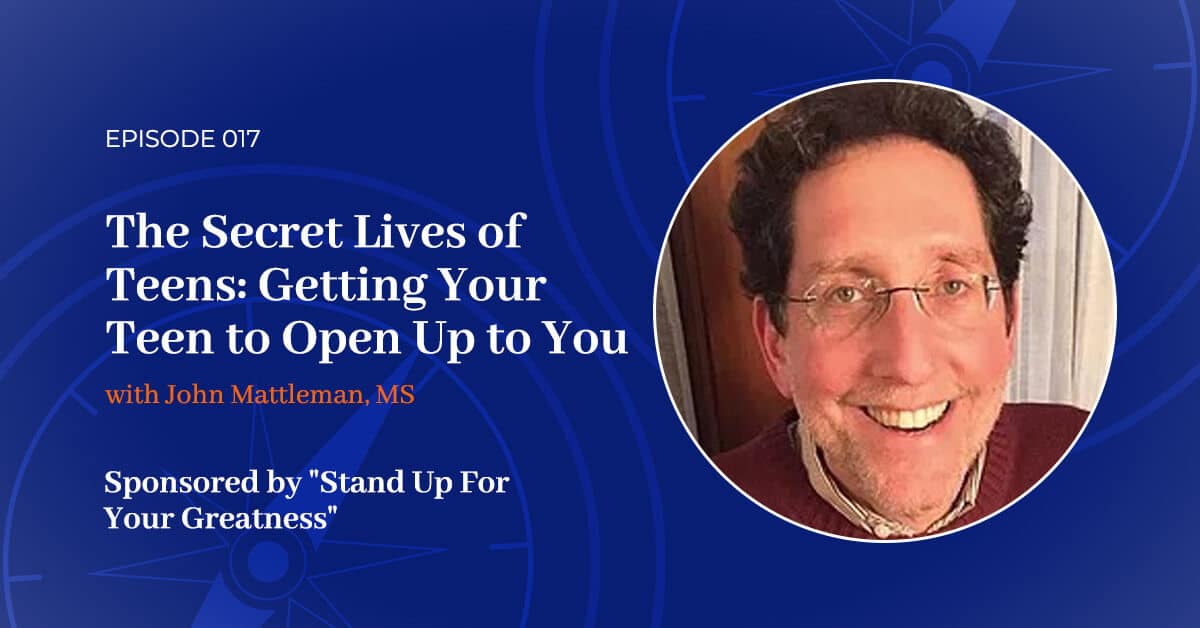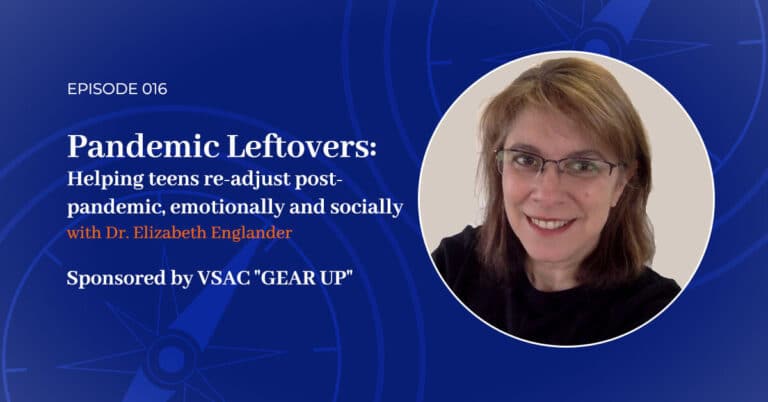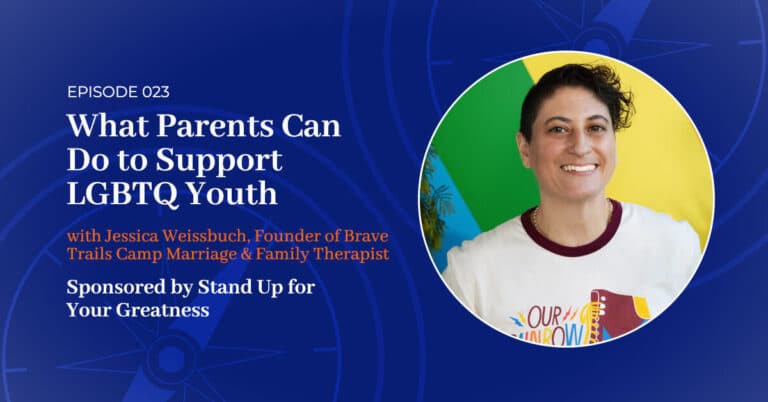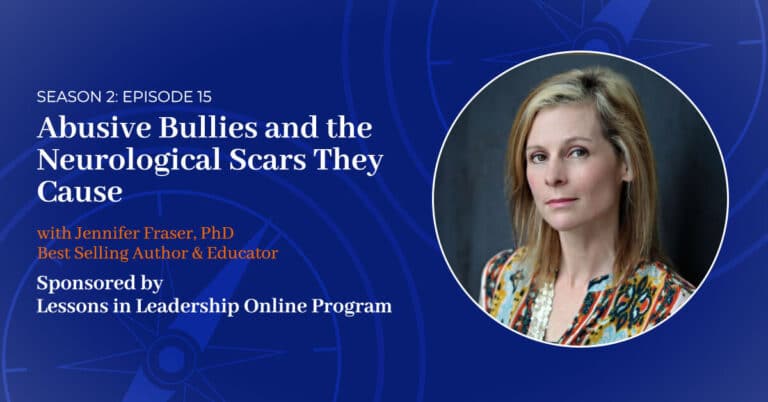Jon Mattleman has worked with schools, parents, mental health organizations, and businesses for the last 30 years to help manage anxiety, stress, depression and more. Today, Jon discusses why your teen might not be opening up to you, social media challenges, and so much more. It’s not just because they’re going through a ‘phrase’, it’s because we, as parents, make it difficult for them to talk! Sometimes we need to take a step back, give our teen space, and just listen attentively without trying to problem solve. Jon shares some useful strategies on this week’s episode to help navigate these tough teen years.
Key Takeaways
- About Jon and his extensive work in this field.
- Why don’t teens talk to us?
- Believe it or not, teens want to share their fears!
- Parents are always talking and giving advice when sometimes we just need to shut up and listen!
- Why do teens have better conversations with you in the car?
- Teens stop talking because they can see your face. Jon decided to try something new and turn off the light to see what happens!
- Just because you’re ready to talk doesn’t mean it’s a good time for them to talk.
- Kids know when you’re not present!
- Jon offers advice to parents who are worried their children aren’t motivated enough.
- We often say the wrong thing when it comes to handling anxiety.
- When your teenage son comes home drunk, the best time to talk about this is not in the moment, it’s the next morning.
- Jon shares what he learned when he asked his son why he got drunk.
- When you’re talking to your child about something they made a mistake on, don’t make a decision about the consequences on the spot just yet. This teaches them by being honest with you, they’ll get punished. Give it some distance.
- We are all so hyper connected with technology. How can we best manage it?
- What is digital self-harm?
- What are some of the best ways to talk to your teens about some of their anxiety or mental health challenges they might be going through?
- When it comes to better mental health awareness, schools are slow to accept it, but we are getting better.
- If you’re really concerned about your child’s mental health, talk to your guidance counselor at the school first. Therapists can be harder to find during Covid.
- There are so many consequences to sweeping your child’s mental wellbeing and health under the table. Address it now before it gets worse.
- What are some of the things you should look for in a therapist for your teen?
Resources:
Quotes:
“We didn’t have virtual learning, we had pandemic learning, which means people have to pivot at a moment’s notice and that’s an incredible stressor. Of course, kids are burned out!”
“We are constantly saying the wrong things around anxiety like, ‘It’s not a big deal’ or ‘Get over it.’”
“When your kids are drinking, drugging, anything, everyone does something for a good reason to them. It’s not good in terms of their longevity or safety, but we have to understand their reasoning and process.”




